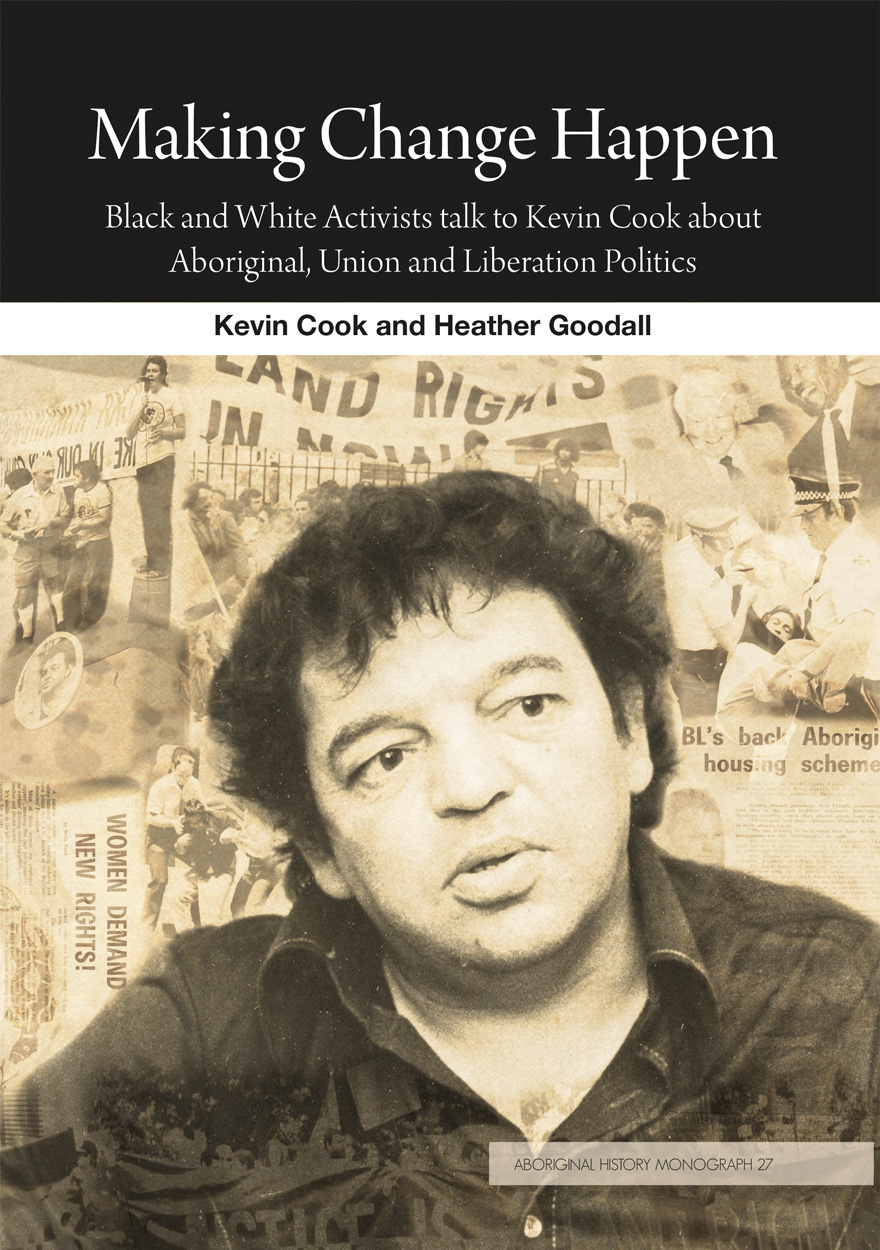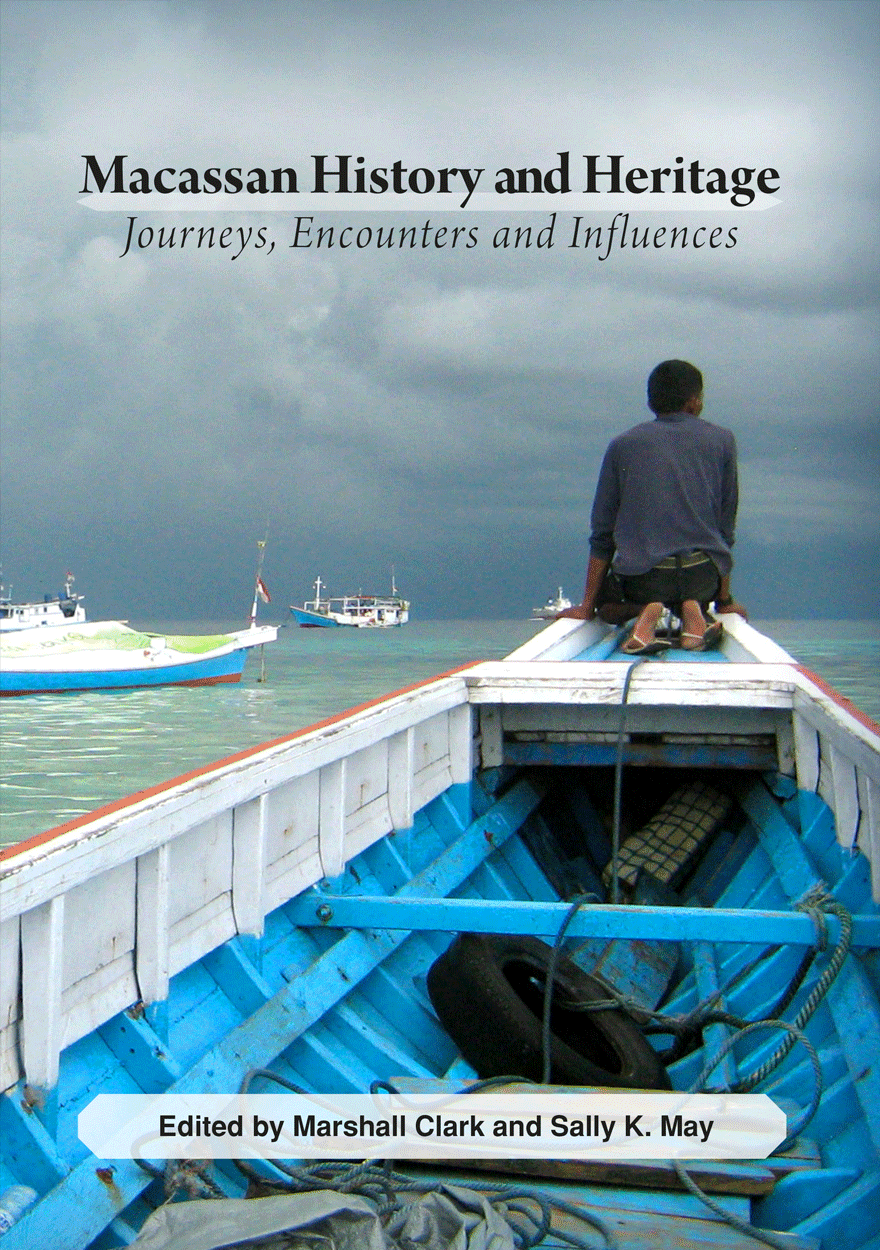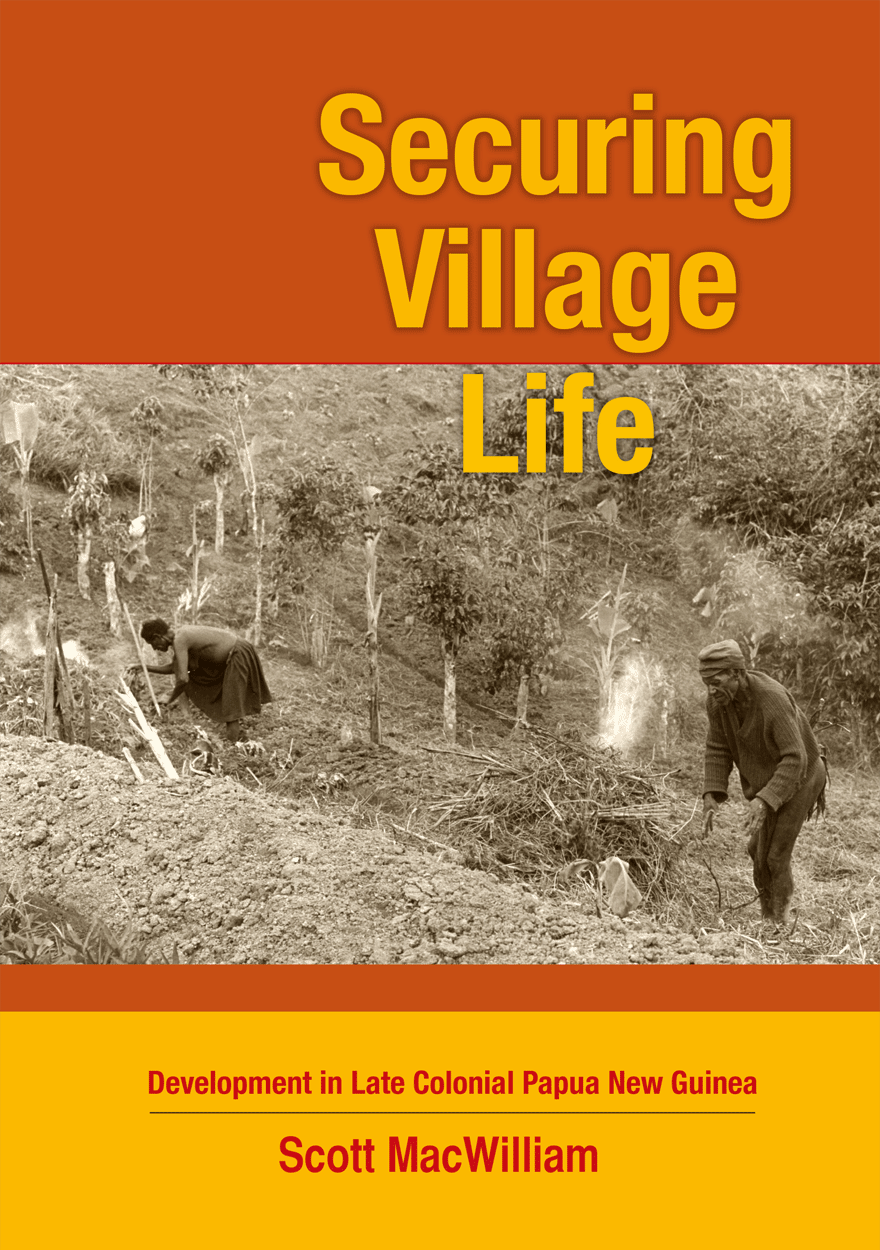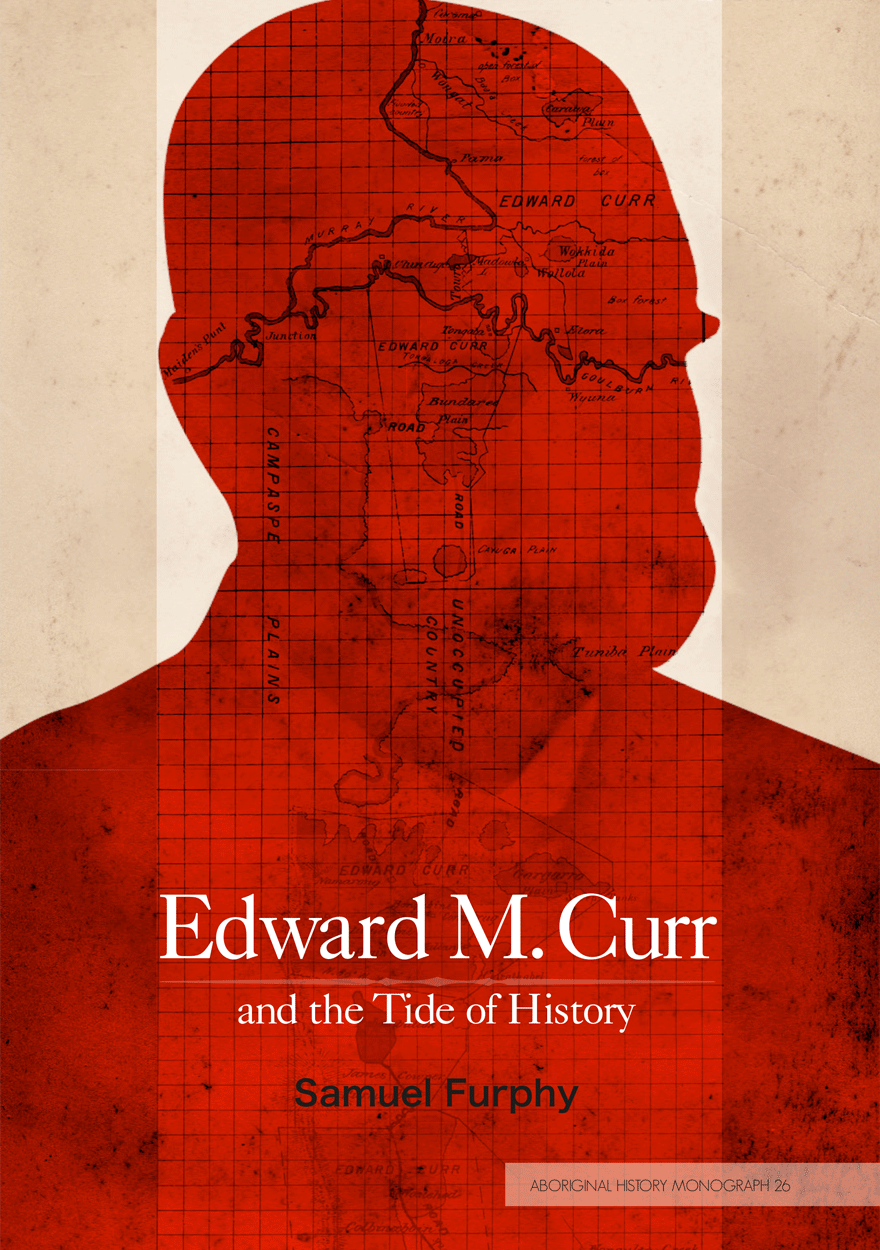Search titles
Displaying results 211 to 220 of 370.

Tajikistan »
A Political and Social History
Authored by: Kirill Nourzhanov, Christian Bleuer
Publication date: October 2013
This book is a historical study of the Tajiks in Central Asia from the ancient times to the post-Soviet period. For millennia, these descendants of the original Aryan settlers were part of many different empires set up by Greek, Arab, Turkic and Russian invaders, as well as their own, most notably during the Middle Ages. The emergence of the modern state of Tajikistan began after 1917 under Soviet rule, and culminated in the promulgation of independence from the moribund USSR in 1991. In the subsequent civil war that raged between 1992 and 1997, Tajikistan came close to becoming a failed state. The legacy of that internal conflict remains critical to understanding politics in Tajikistan a generation later.
Exploring the patterns of ethnic identity and the exigencies of state formation, the book argues that despite a strong sense of belonging underpinned by shared history, mythology and cultural traits, the Tajiks have not succeeded in forming a consolidated nation. The politics of the Russian colonial administration, the national-territorial delimitation under Stalin, and the Soviet strategy of socio-economic modernisation contributed to the preservation and reification of sub-ethnic cleavages and regional identities. The book demonstrates the impact of region-based elite clans on Tajikistan’s political trajectory in the twilight years of the Soviet era, and identifies objective and subjective factors that led to the civil war. It concludes with a survey of the process of national reconciliation after 1997, and the formal and informal political actors, including Islamist groups, who compete for influence in Tajik society.
“Tajikistan: A Political and Social History is the best source of information on this important country in the English language. Drs Nourzhanov and Bleuer present a comprehensive yet detailed account of the past and prospects of this emerging nation, and have filled one of the major gaps in Central Asian scholarship. This book must be read by those who wish to grasp the vagaries of Central Asia’s evolving political and cultural landscapes.”
— Reuel Hanks, Professor of Geography, Oklahoma State University, and Editor of the Journal of Central Asian Studies.
“If Tajikistan is known outside its region, it is often for the civil war that gravely damaged it. This volume authoritatively provides the longer perspective to the unsettling events of the 1990s and skilfully explains them in terms of history, social structure, and sub-state identities. In addition to highlighting a wealth of local factors, it is insightful on the ways in which antagonists can be transformed into broader ethnic and regional blocs. Kirill Nourzhanov and Christian Bleuer are erudite guides to an understudied part of Central Asia, while astutely instructing us about larger patterns of state-society relations and their impact on the logic of conflict.”
— James Piscatori, Professor of International Relations, Durham University.

The ADB's Story »
Edited by: Melanie Nolan, Christine Fernon
Publication date: October 2013
‘The Australian Dictionary of Biography captures the life and times and culture of this country in an absolutely distinctive and irreplaceable way. It is the indispensable record of who we are, and of the characters who have made us what we are. I could not be prouder of ANU’s continuing role as custodian of this crucial part of our national legacy.’
— Professor the Hon. Gareth Evans AC QC, Chancellor, The Australian National University
‘A mature nation needs a literary pantheon of inspiring and instructive life histories, a gallery of all the possibilities of being Australian. The Australian Dictionary of Biography responds to that vital need in our culture. It is a stunning collaborative achievement and I feel so proud that we have such an activity here in Australia—to a great extent it describes and defines Australia.’
— Professor Fiona Stanley AC, Australian of the Year, 2003
‘The Australian Dictionary of Biography is our greatest collective research project in the humanities and a national triumph. We have much to learn from it. The project is continuing to change as we mature nationally, with deeper understanding about the impacts of gender, race, environment, religion, education, language, culture, politics, region and war on what we are and what we may become.’
— The Hon. Dr Barry Jones AO
‘Australia is very fortunate to have a national biographical dictionary that is democratic as well as distinguished, one that represents the rich variety of Australian culture. The Australian Dictionary of Biography gathers together the stories of people from all walks of life, from the outback to the city and from the bush to the parliament. It is a monument of scholarship—and it is for everyone.’
— Dr Dawn Casey PSM
‘Few things are more illuminating than taking a random stroll through a volume of the Australian Dictionary of Biography—new insights into our greatest men and women, chance encounters with people whose exploits are all too often unpardonably overlooked. I first read the ADB with my mother, Coral Lansbury, who wrote four entries. One of her mentors, Bede Nairn, was a prodigious contributor. The Australian story is a story of Australians, no better told than in the ADB.’
— The Hon. Malcolm Turnbull MP
‘I find it difficult to bring to mind more than a handful of comparable enterprises in the fields of biography, history, philology or the social sciences more broadly—anywhere in the world. The status and appeal of the Australian Dictionary of Biography do not lie only in its scale and size. They reside also in the meticulous research, the erudition and scholarship, and the sweat and possibly tears involved in the editorial and publishing process. Its constituent dramatis personae are an eclectic mix of the noble and the notorious, the famous and the largely unsung. The underlying theme of the mosaic is quite clear: nothing less than the making and remaking of Australia.’
— Her Excellency Ms Penelope Wensley AC, Governor of Queensland

Making Change Happen »
Black and White Activists talk to Kevin Cook about Aboriginal, Union and Liberation Politics
Authored by: Kevin Cook, Heather Goodall
Publication date: September 2013
This book is a unique window into a dynamic time in the politics and history of Australia. The two decades from 1970 to the Bicentennial in 1988 saw the emergence of a new landscape in Australian Indigenous politics. There were struggles, triumphs and defeats around land rights, community control of organisations, national coalitions and the international movement for Indigenous rights. The changes of these years generated new roles for Aboriginal people. Leaders had to grapple with demands to be administrators and managers as well as spokespeople and lobbyists. The challenges were personal as well as organisational, with a central one being how to retain personal integrity in the highly politicised atmosphere of the ‘Aboriginal Industry’. Kevin Cook was in the middle of many of these changes – as a unionist, educator, land rights campaigner, cultural activist and advocate for liberation movements in Southern Africa, the Pacific and around the world. But ‘Cookie’ has not wanted to tell the story of his own life in these pages. Instead, with Heather Goodall, a long time friend, he has gathered together many of the activists with whom he worked to tell their stories of this important time. Readers are invited into the frank and vivid conversations Cookie had with forty-five black and white activists about what they wanted to achieve, the plans they made, and the risks they took to make change happen.
“You never doubted Kevin Cook. His very presence made you confident because the guiding hand is always there. Equal attention is given to all. I am one of many who worked with Cookie and Judy through the Tranby days and in particular the 1988 Bicentennial March for Freedom, Justice and Hope. What days they were. I’m glad this story is being told.”
— Linda Burney, MLA New South Wales
“Kevin Cook was a giant in the post-war struggle for Aboriginal rights. His ability to connect the dots and make things happen was important in both the political and cultural resurgence of the 1970s onwards.”
— Meredith Burgmann, former MLC, New South Wales
“Kevin has had a transformative effect on the direction of my life and the lives of so many other people. This book is an important contribution to understanding not only Kevin’s life but also the broader struggles for social and economic justice, for community empowerment and of the cooperative progressive movement. It will greatly assist the ongoing campaign for full and sustainable reconciliation.”
— Paddy Crumlin, National Secretary, Maritime Union of Australia
“Cookie has made great contributions in enhancing the struggles of our people. He is a motivator, an astute strategist, and an excellent communicator with wonderful people skills. It’s a pleasure to be able to call him a mate and a brother.”
— John Ah Kit, former MLA, Northern Territory
For more information on Aboriginal History Inc. please visit aboriginalhistory.org.au.

Breaking Japanese Diplomatic Codes »
David Sissons and D Special Section during the Second World War
Edited by: Desmond Ball, Keiko Tamura
Publication date: September 2013
During the Second World War, Australia maintained a super-secret organisation, the Diplomatic (or ‘D’) Special Section, dedicated to breaking Japanese diplomatic codes. The Section has remained officially secret as successive Australian Governments have consistently refused to admit that Australia ever intercepted diplomatic communications, even in war-time.
This book recounts the history of the Special Section and describes its code-breaking activities. It was a small but very select organisation, whose ‘technical’ members came from the worlds of Classics and Mathematics. It concentrated on lower-grade Japanese diplomatic codes and cyphers, such as J-19 (FUJI), LA and GEAM. However, towards the end of the war it also worked on some Soviet messages, evidently contributing to the effort to track down intelligence leakages from Australia to the Soviet Union.
This volume has been produced primarily as a result of painstaking efforts by David Sissons, who served in the Section for a brief period in 1945. From the 1980s through to his death in 2006, Sissons devoted much of his time as an academic in the Department of International Relations at ANU to compiling as much information as possible about the history and activities of the Section through correspondence with his former colleagues and through locating a report on Japanese diplomatic codes and cyphers which had been written by members of the Section in 1946. Selections of this correspondence, along with the 1946 report, are reproduced in this volume. They comprise a unique historical record, immensely useful to scholars and practitioners concerned with the science of cryptography as well as historians of the cryptological aspects of the war in the Pacific.
“This publication fills an important gap in the present available knowledge concerning code-breaking in Australia during World War II. It also gives overdue recognition to the important contribution made by David Sissons to this subject”.
— Professor John Mack, School of Mathematics and Statistics, University of Sydney.

Macassan History and Heritage »
Journeys, Encounters and Influences
Edited by: Marshall Clark, Sally K. May
Publication date: June 2013
This book presents inter-disciplinary perspectives on the maritime journeys of the Macassan trepangers who sailed in fleets of wooden sailing vessels known as praus from the port city of Makassar in southern Sulawesi to the northern Australian coastline. These voyages date back to at least the 1700s and there is new evidence to suggest that the Macassan praus were visiting northern Australia even earlier. This book examines the Macassan journeys to and from Australia, their encounters with Indigenous communities in the north, as well as the ongoing social and cultural impact of these connections, both in Indonesia and Australia.

France in the South Pacific »
Power and Politics
Authored by: Denise Fisher
Publication date: May 2013
France is a Pacific power, with three territories, a military presence, and extensive investments. Once seen by many as a colonial interloper in the South Pacific, by the early 2000s, after it ended nuclear testing in French Polynesia and negotiated transitional Accords responding to independence demands in New Caledonia, France seems to have become generally accepted as a regional partner, even if its efforts concentrate on its own territories rather than the independent island states.
But France’s future in the region has yet to be secured. By 2014 it is to have handed over a set of agreed autonomies to the New Caledonian government, before an independence referendum process begins. Past experience suggests that a final resolution of the status of New Caledonia will be divisive and could lead once again to violent confrontations. In French Polynesia, calls continue for independence and for treatment under UN decolonisation procedures, which France opposes. Other island leaders are watching, so far putting faith in the Noumea Accord, but wary of the final stages. The issues and possible solutions are more complex than the French Pacific island population of 515,000 would suggest.
Combining historical background with political and economic analysis, this comprehensive study offers vital insight into the intricate history – and problematic future – of several of Australia’s key neighbours in the Pacific and to the priorities and options of the European country that still rules them. It is aimed at policy-makers, scholars, journalists, businesspeople, and others who want to familiarise themselves with the issues as France’s role in the region is redefined in the years to come.

Securing Village Life »
Development in Late Colonial Papua New Guinea
Authored by: Scott MacWilliam
Publication date: May 2013
Securing Village Life: Development in Late Colonial Papua New Guinea examines the significance for post-World War II Australian colonial policy of the modern idea of development. Australian officials emphasised the importance of bringing development for both the colony of Papua and the United Nations Trust Territory of New Guinea. The principal form that development took involved securing smallholders against the tendencies of other forms of capitalist development that might have separated households from land. In order to make household occupation of their holdings more secure and at higher standards of living, the colonial administration coordinated and supervised increases in production of crops and other agricultural produce.
Contrary to suggestions that colonial policy and practice ignored indigenous agriculture and concentrated on plantation crops grown by international firms and expatriate owner-occupiers, the study shows how the main focus was instead upon increasing smallholder output for immediate consumption as well as for local and international markets. Simultaneously development stimulated increases in consumption, including of goods produced through manufacturing processes and imported into the colony.
Only as Independence approached was the pre-eminence of the earlier focus upon smallholders weakened. In part the change occurred due to the political advance of the indigenous capitalist class and their allies seeking to extend their base in largeholding agriculture and related commercial activities. This advance and the uncertainty over which form of development would prevail once indigenes held state power in post-colonial Papua New Guinea stood in marked contrast to the definite direction pursued under the colonial administration of the 1950s and early 1960s.

Pacific Missionary George Brown 1835–1917 »
Wesleyan Methodist Church
Authored by: Margaret Reeson
Publication date: April 2013
George Brown (1835-1917) was many things during his long life; leader in the Wesleyan Methodist Church in Australasia, explorer, linguist, political activist, apologist for the missionary enterprise, amateur anthropologist, writer, constant traveller, collector of artefacts, photographer and stirrer. He saw himself, at heart, as a missionary. The islands of the Pacific Ocean were the scene of his endeavours, with extended periods lived in Samoa and the New Britain region of today’s Papua New Guinea, followed by repeated visits to Tonga, Fiji, the Milne Bay region of Papua New Guinea and the Solomon Islands. It could be argued that while he was a missionary in the Pacific region he was not a pacific missionary. Brown gained unwanted notoriety for involvement in a violent confrontation at one point in his career, and lived through conflict in many contexts but he also frequently worked as a peace maker. Policies he helped shape on issues such as church union, indigenous leadership, representation by lay people and a wider role for women continue to influence Uniting Church in Australia and churches in the Pacific region. His name is still remembered with honour in several parts of the Pacific. Brown’s marriage to Sarah Lydia Wallis, daughter of pioneer missionaries to New Zealand, was long and rich. Each strengthened the other and they stand side by side in this account.

Edward M. Curr and the Tide of History »
Authored by: Samuel Furphy
Publication date: March 2013
Edward M. Curr (1820–89) was a pastoralist, horse trader, stock inspector, Aboriginal administrator, author and ethnologist. A prominent figure in the history of the Colony of Victoria, he rose to a senior position in the public service and authored several influential books and essays. He is best remembered for his nostalgic memoir, Recollections of Squatting in Victoria (1883), which has become a standard historical source.
This book is the first comprehensive biography of Curr and explores both his life and legacy. In particular, it considers his posthumous influence on the Yorta Yorta native title case (1994–2001), when his written account of the Yorta Yorta ancestors played a key role in the failure of the claim. By exploring Curr’s interactions with Aboriginal people—as a pastoralist and Aboriginal administrator—this book advocates a more nuanced, critical, and historically informed interpretation of Curr’s ethnological writings than was evident in the Yorta Yorta case.
For more information on Aboriginal History Inc. please visit aboriginalhistory.org.au.

The Governance of Common Property in the Pacific Region »
Edited by: Peter Larmour
Publication date: March 2013
In a region where mining, forestry, fish and other primary resources are so basic to income, employment and national prosperity, an understanding of rights to land, water and minerals is fundamental. Tenure regimes in the Asia-Pacific region are vastly more diverse and complex than in those of any other part of the world for comparable population numbers. These studies will overcome the simplistic misunderstandings that have obscured understanding in so many instances.
This book provides an up-to-date overview of the main patterns of indigenous property rights, particularly those held by corporate groups, in the South Pacific Forum region (Australia, New Zealand and the independent Pacific island nations) plus a valuable comparative chapter on Canada. It explores the relative success and failure of a variety of approaches to the management of these complex systems, and offers insights and suggestions for the amelioration of present and likely future stresses in the systems. It is a valuable contribution to the understanding of both governance and property, and to the effective sociopolitical development of the region.
- Ron Crocombe, Emeritus Professor, University of the South Pacific



